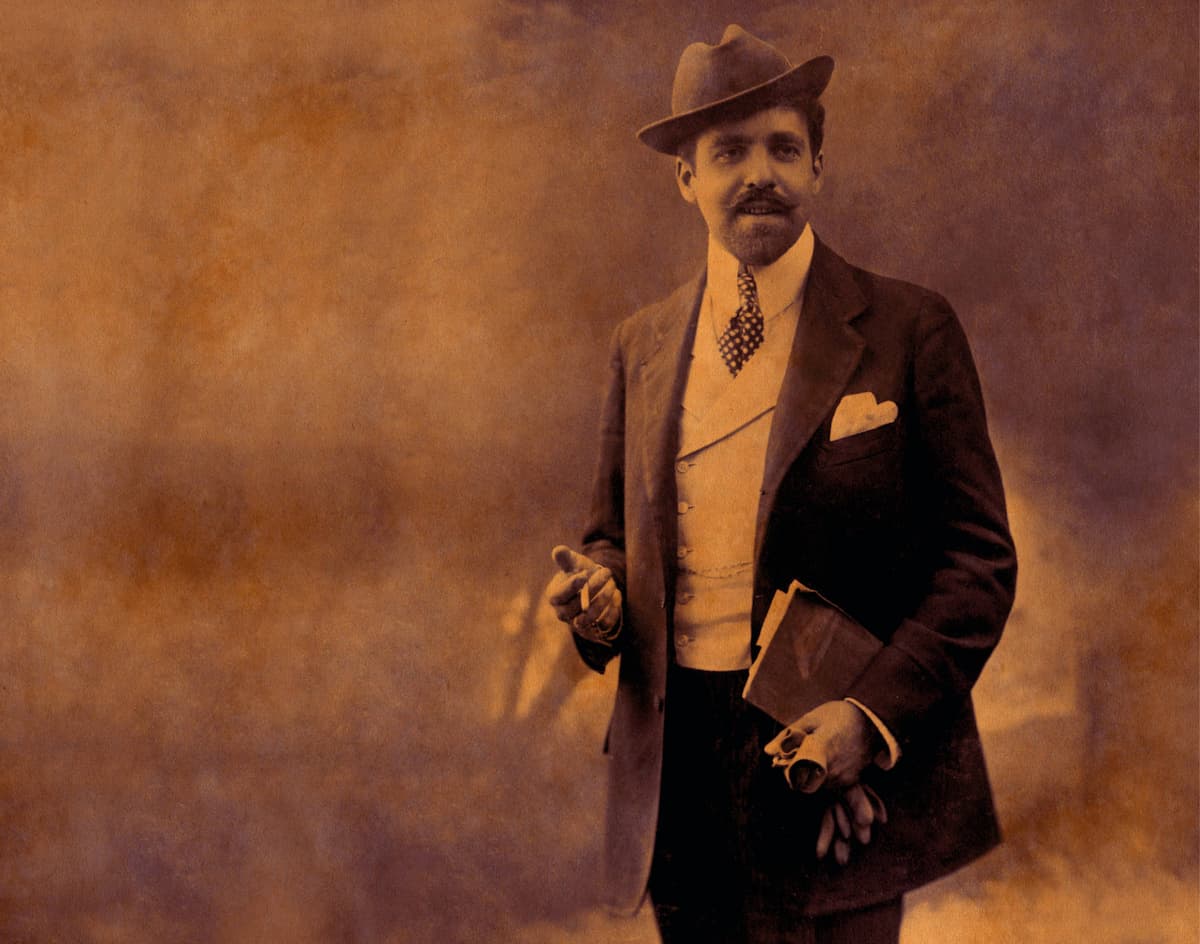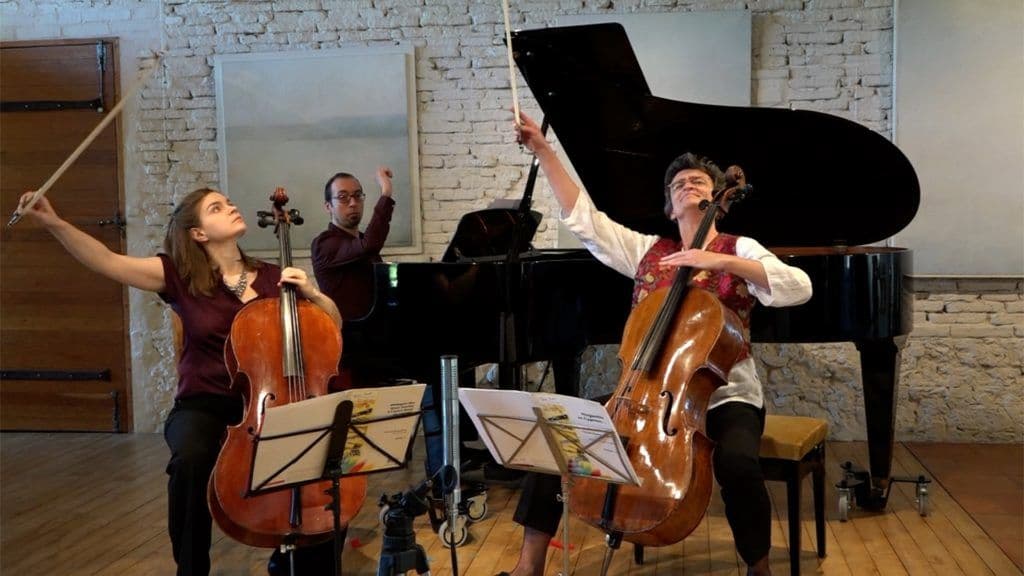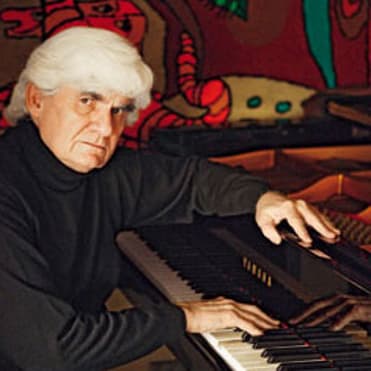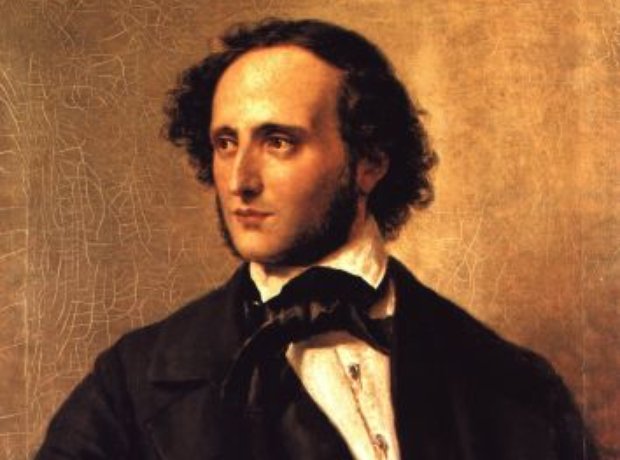Reynaldo Hahn: Si mes vers avaient des ailes (Dilbèr, soprano; Ilkka Paananen, piano) Si mes vers avaient des ailesVictor Hugo If my verses had wingsEnglish Translation © Richard Stokes from A French Song Companion (Oxford, 2000) Mes vers fuiraient, doux
Blogs
Musicians, like so many others, enjoy jokes, especially those that are puns related to music, composers, and musicians. Backstage, even onstage during rehearsals, these anecdotes, puns, and gags fly. Perhaps it’s because we spend so much time in a practice
The trio of Valérie Aimard and Antonina Zharava on cellos and Cédric Lorel on piano brought to music education a unique new standard. In 2018, they created the YouTube Channel Cello Kids. From its first concept to its recording in
Why another book about the Holocaust, you might ask? The effects of World War II, and the experiences of the millions who perished, and the many millions more who were displaced, who became refugees, and who were among those who
My birthday is on the 18th of February. I don’t celebrate my birthday much, but I reflect, think, and stay curious. My curiosity led me to explore if other classical musicians were born on the 18th of February. The answer
We musicians spend a great deal of time in our heads. We are constantly analyzing the music in front of us, searching the score for hints from the composer as to how he or she intended the piece to sound;
Although Felix Mendelssohn predated Brahms, his cello music is on the cusp of romanticism, bridging the classical and the romantic periods of music. He wrote two cello sonatas, No. 1 in B-flat Op. 45, and No. 2 in D Major
Roses are gorgeously beautiful flowers, and they are associated with romantic love and beauty. And as far back as I can remember, which isn’t really all that long, the rose has been one of the most recognized symbols of Valentine’s








